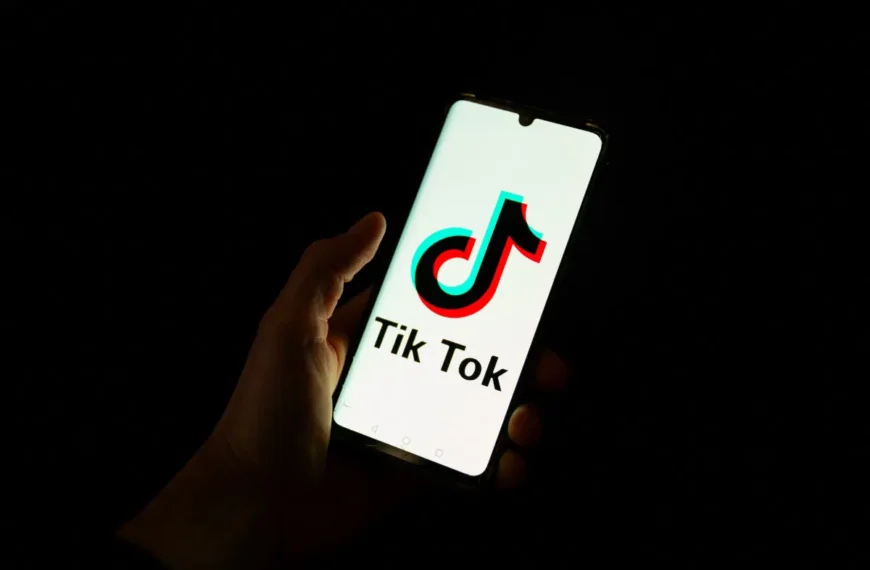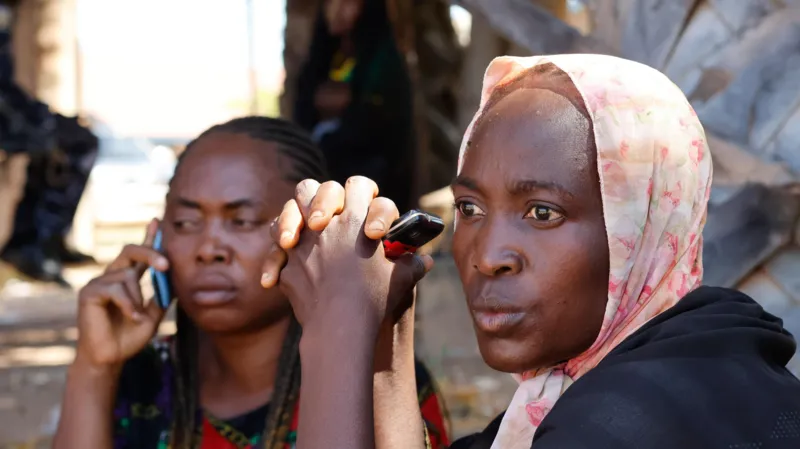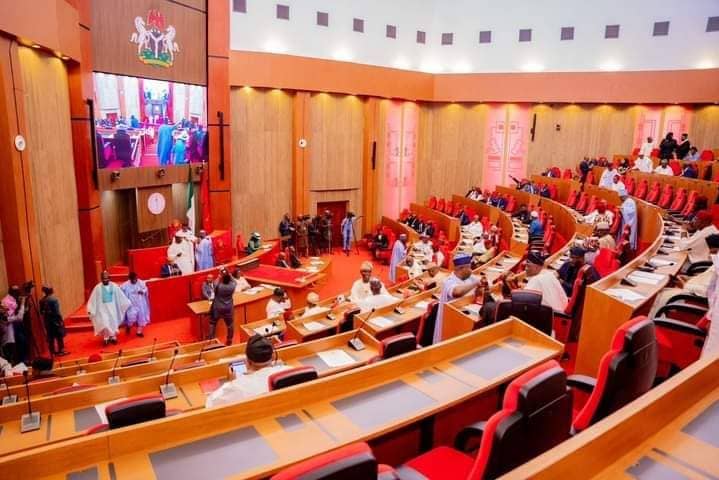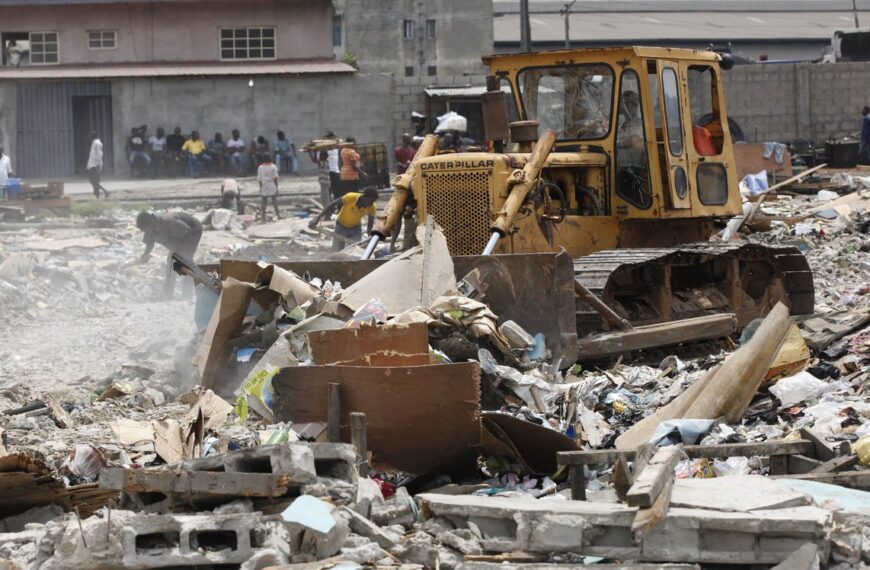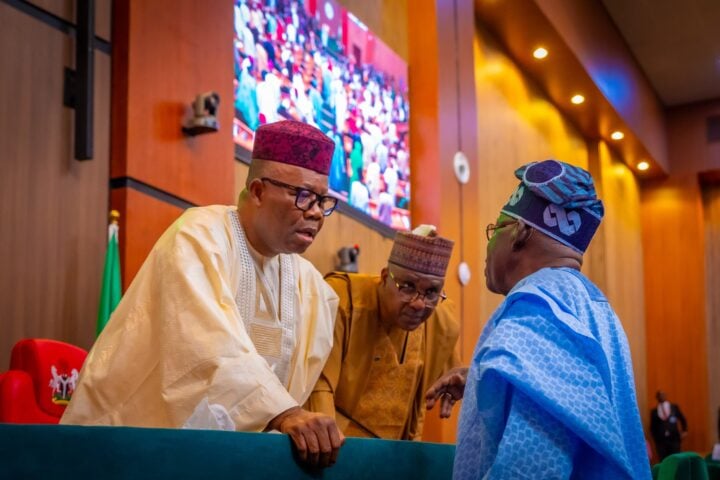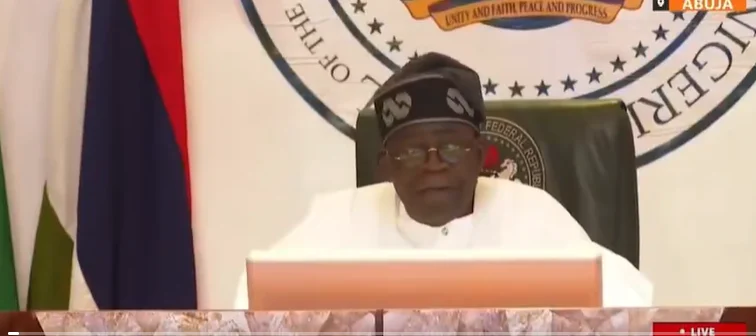Protest and Allegations
On July 29, 2025, videos went viral showing demonstrators in Accra, Ghana, demanding the expulsion of Nigerians. Protesters carried placards with slogans like “Nigerians Must Go,” “End Kidnapping,” “End Prostitution,” “End Ritual Murders,” and “Our health at stake due to mass prostitution.” Some accused Nigerians, especially of Igbo descent, of controlling major markets, owning land, and fueling insecurity and ritual killings in local communities.
A female protester remarked: “Nigerians must go because you can’t be in someone’s country and be doing anyhow,” while another accused Nigerians of “hijacking” markets and imposing cultural dominance in Ghana.
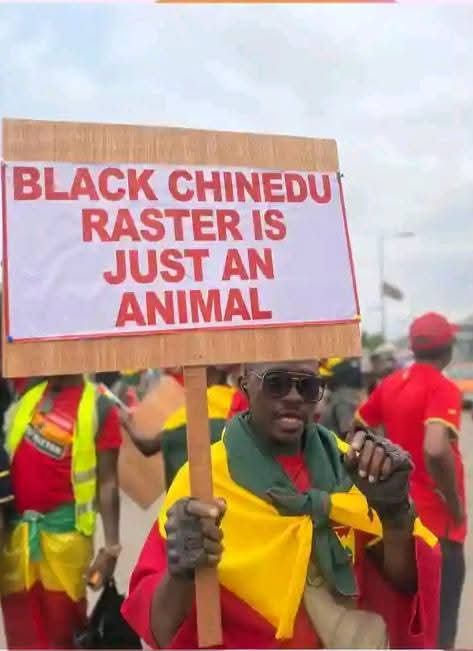
Government and Diplomatic Responses
Nigeria’s Stand
NIDCOM, led by Abike Dabiri-Erewa, condemned the protest as a baseless generalization that unfairly portrays all Nigerians as criminals. She urged calm and discouraged reprisals, emphasizing the close historical ties between Ghana and Nigeria.
Nigeria’s Senate Committee on Diaspora also decried the protests as “deeply disturbing and contrary to the spirit of African brotherhood,” reaffirming support for Nigerian citizens in Ghana and urging both sides to uphold ECOWAS values of peace and regional integration.
Ghana’s Position
Ghana’s Foreign Affairs Minister, Samuel Ablakwa, confirmed that the integrity and safety of non-citizens in Ghana—including Nigerians—are guaranteed. He stressed that the viral protest footage did not reflect the country’s reality on the ground and urged residents to remain law-abiding.
Ablakwa addressed rumors involving one Nigerian who was alleged to be attempting to establish a “kingdom” in Ghana, clarifying that territorial ambitions were not part of the situation.
Nigerian Diplomatic Mission
Bianca Odumegwu-Ojukwu, Nigeria’s Minister of State for Foreign Affairs and special envoy of President Tinubu, personally traveled to Accra. She held talks with Ghanaian authorities and community leaders, conveying that there were no threats to Nigerians or their properties and emphasized that much of the panic stemmed from misleading viral videos.
Historical Context and Tensions
These protests recall earlier tense episodes in Nigeria–Ghana relations:
- In 1969, Ghana expelled an estimated 140,000 Nigerians under the Aliens Compliance Order.
- In 1983, Nigeria retaliated by expelling over two million immigrants—including Ghanaians—an historic event associated with the term “Ghana Must Go.” These events still resonate in the collective memory.
Current Impact on Nigerians in Ghana
According to Nigeria-based traders and diaspora representatives in Accra, there have been no verified attacks or property destruction reported. Many believe the protests were largely amplified by social media, and that Nigerians continue to conduct business without major disruption.
Nigerian community voices, including a former head of the Nigerian traders’ association in Ghana (NUTAG), confirmed that despite anxiety, no direct threats had materialized.
What Comes Next?
Governments of both nations have engaged through diplomatic channels—supporting public messaging that reassures Nigerians living in Ghana of their rights and security.
Nigeria has called for the formal institutionalization of the Nigeria–Ghana Joint Commission, aimed at fostering better bilateral relations, citizen interactions, and conflict resolution.
Outlook: Challenges & Hope
This incident underscores the fragile balance between migration, economic competition, and cultural perception within West Africa. While the protests express genuine frustrations, observers and officials warn that generalizing an entire nationality risks inflaming xenophobic sentiment and undermining regional unity.
For now, diplomatic efforts, measured responses, and reassurance appear to have contained immediate escalation. But the situation highlights the urgency of reinforcing legal protections, media responsibility, and cross-border cooperation between Ghana and Nigeria.

